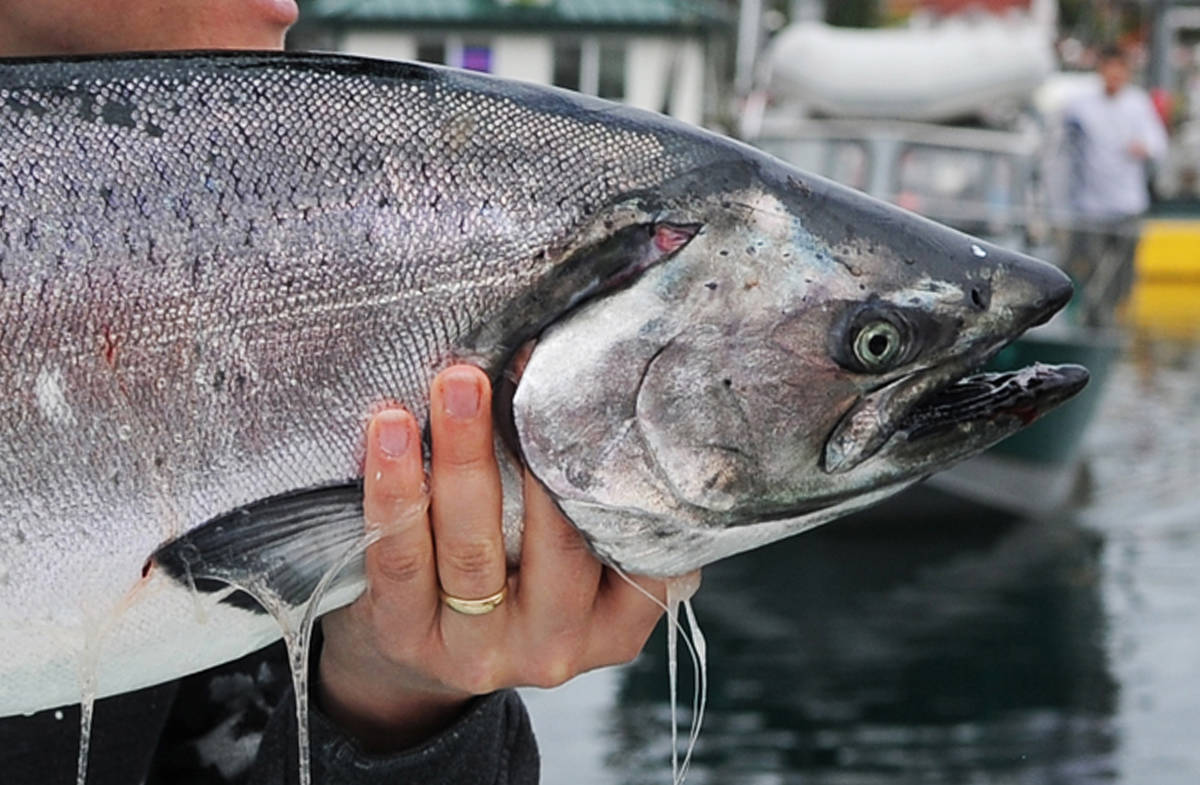Former scientists and fisheries managers are taking sides over Ballot Measure 1.
On Wednesday, a group of 58 experts from state and federal agencies released a statement of support for the measure, which would change how development is permitted on some fish habitat.
That follows a letter of opposition penned by 10 former habitat managers and State of Alaska commissioners, published in the Anchorage Daily News in late September.
Ballot Measure 1 creates a different permitting structure for development on anadromous (e.g. salmon) fish habitat in Alaska. Oil and mining companies say it’s bad for business. Measure backers call it a much-needed update to state law.
Why are so many retired state employees speaking out? Alaska law bars current state employees from using their positions to advocate for “partisan political purposes.”
Only retired permitting, habitat and fisheries biology experts are allowed to speak out without repercussions.
Wednesday’s support statement, put together by conservation group Cook Inletkeeper, makes the case that Alaska’s current laws are too vague to properly protect wild salmon.
Current habitat protections fall into Alaska’s Title 16, the Alaska Anadromous Fish Act. It’s about a page and a half long , single-spaced. Ballot Measure 1 is eight pages, and adds detail on what kind of habitat harm the Alaska Department of Fish and Game should allow from which projects.
Retired Juneau fisheries biologist Phil Mundy, one of the letter’s signers, worked for the Alaska Department of Fish and Game and the National Marine Fisheries Service for 23 years. Title 16 is “sketchy,” and vague, Mundy told the Empire.
The state’s spawning and rearing streams are largely intact, Mundy said, unlike Washington state’s Columbia River Basin, where Mundy worked for 13 years.
Passing the ballot measure would prevent what happened there from happening here, Mundy said. Alaska’s habitat may be pristine, he said, but that’s not guaranteed to last.
“You don’t wait until the horses run off to close the barn door,” Mundy said.
The larger number of experts voicing support for the measure was telling, Mundy added.
“As a consequence of being a larger group of people, we have a much broader experience with salmon habitat and salmon habitat issues. I would go with the weight of opinion,” Mundy said.
A spokesperson for opposition group Stand for Alaska, Kati Capozzi, said the statement of support has a lot of federal managers, which weakens its relevance, she said. Twenty of the 58 signers worked exclusively for federal agencies. Ballot Measure 1 would affect state law, something federal fisheries scientists know less about, Capozzi said.
“This is something that the state will have to implement, this is something that the state will have to live with and pay for, so you would think that they would be looking a little more toward state officials,” Capozzi said.
• Contact reporter Kevin Gullufsen at 523-2228 and kgullufsen@juneauempire.com. Follow him on Twitter at @KevinGullufsen.

